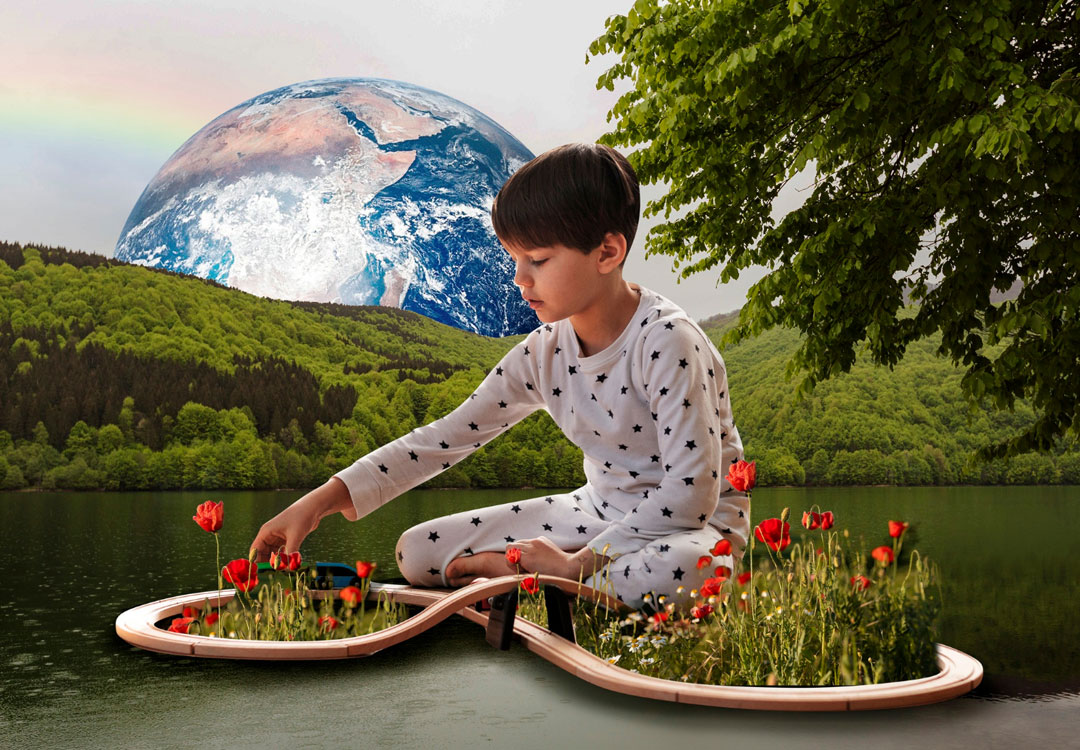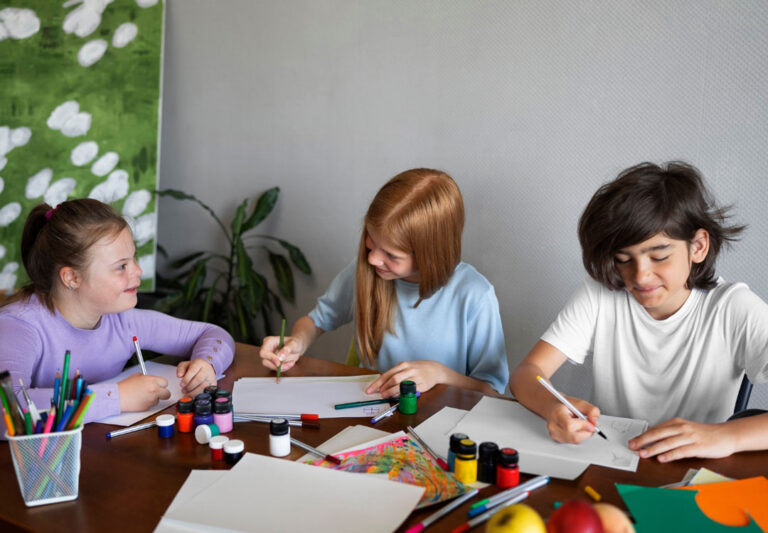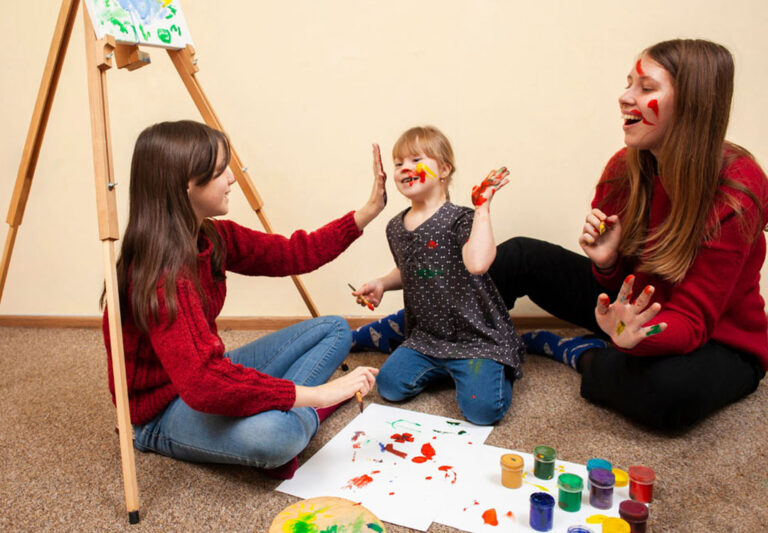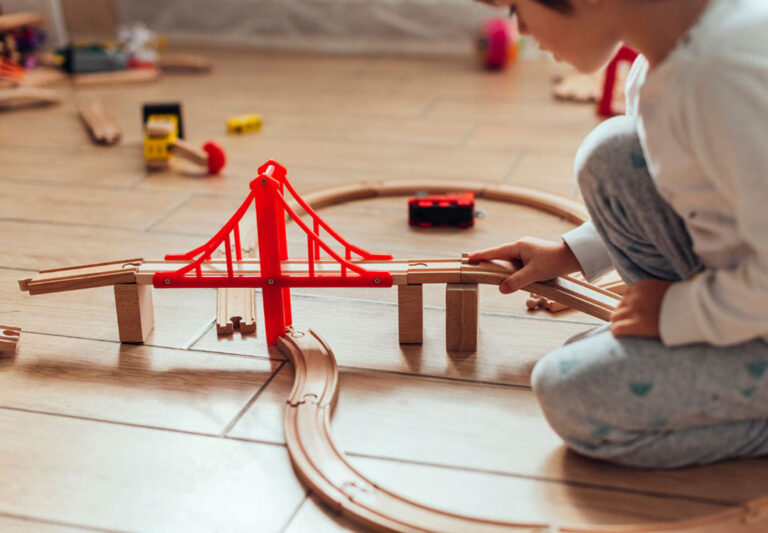Introduction:
From building towering block structures to engaging in imaginative role-play, play is the cornerstone of childhood. But beyond being a source of fun and entertainment, play serves as a powerful vehicle for promoting holistic child development. In this blog, we’ll explore the profound connection between play and various aspects of child development, including cognitive, social, and emotional growth. We’ll also discuss how different types of play contribute to different areas of development and offer insights into why play is essential for children’s overall well-being.
Cognitive Development:
Play is a playground for the mind, offering endless opportunities for cognitive growth and development. Whether children are sorting shapes, solving puzzles, or engaging in make-believe play, they’re actively exercising their brains and building essential cognitive skills. Through play, children learn to problem-solve, think critically, and make connections between different concepts and ideas. For example, building with blocks not only hones spatial awareness and fine motor skills but also fosters mathematical thinking and planning skills. Similarly, engaging in imaginative play allows children to explore abstract concepts, such as cause and effect, while developing their storytelling abilities and narrative skills.
Social Development:
Play is also a social laboratory, where children learn invaluable lessons about communication, cooperation, and empathy. When children engage in cooperative play, such as building forts with friends or playing team sports, they learn to work together towards a common goal, negotiate roles and rules, and resolve conflicts peacefully. Play also provides opportunities for children to practice social skills, such as taking turns, sharing, and empathizing with others’ perspectives. Through imaginative play, children develop their understanding of social roles and relationships, experimenting with different roles and scenarios as they navigate the complexities of social interactions.
Emotional Development:
In addition to cognitive and social growth, play plays a crucial role in nurturing children’s emotional well-being. Play provides a safe outlet for expressing and processing emotions, allowing children to explore and make sense of their feelings in a supportive environment. Whether they’re acting out scenes from their favorite storybook or engaging in rough-and-tumble play with peers, children learn to regulate their emotions, cope with stress, and build resilience through play. Play also fosters creativity and self-expression, allowing children to explore their identity and develop a sense of agency and self-confidence.
Conclusion:
In conclusion, play is not just child’s play—it’s a fundamental aspect of holistic child development. By engaging in various types of play, children develop essential cognitive, social, and emotional skills that lay the foundation for lifelong learning and well-being. As parents, educators, and caregivers, it’s essential to recognize the importance of play in children’s lives and provide them with ample opportunities to play and explore in a safe and supportive environment. So let’s embrace the power of play and celebrate its profound impact on children’s growth and development.





